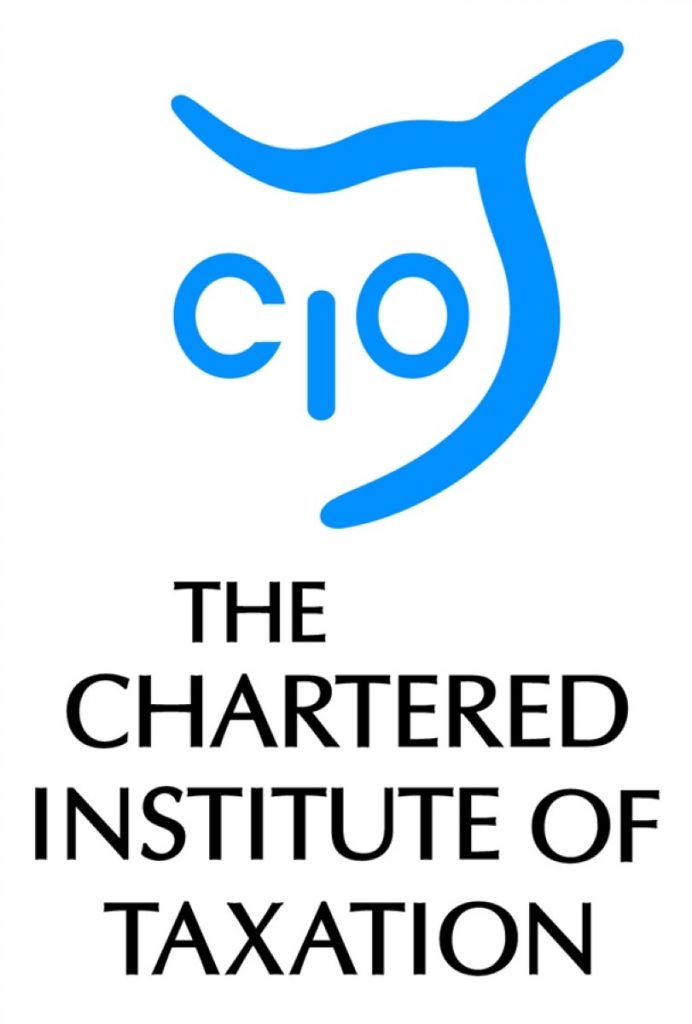CIOT: Changes for the new tax year: what you need to know
There is a raft of changes that will come into force in April 2008. Most were announced in 2007 and so may have faded from memory.
The changes cover income tax, national insurance contributions, investments, employment, capital gains tax (CGT), inheritance tax, corporation tax, capital allowances, indirect taxes, stamp duty, benefits and HM Revenue & Customs’ Powers.
John Whiting, Chairman of The Chartered Institute of Taxation’s Management of Taxes sub-committee, says: “If people aren’t aware of the changes, or have forgotten when they come into force, they could find that their April pay packet is rather different from what they had expected. Businesses, too, need to understand the impact of the tax changes on their affairs.”
– ENDS –
For press information contact Simon Goldie on 020 7245 4122 (direct line), 07879 497316 (mobile). Email sgoldie@ciot.org.uk
Notes to Editors
Here is a check list of the tax changes that people should be aware of (changes from 6 April except where noted):
Income tax
Abolition of 10% starter rate (apart from on savings income for those on modest incomes).
Reduction in basic rate from 22% to 20%.
Increase in personal allowances for those aged 65+, from £7,550 to £9,030, with a £10,000 level the target from 2011.
Exemption from benefit-in-kind charge on overseas properties owned by individuals through their own companies (effectively in place already but to be formalised following consultation).Residence and domicile changes – £30,000 charge for using the remittance basis after 7 years’ residence; personal allowances lost for using the remittance basis immediately.
NICs
Upper earnings limit (UEL) increased from £670 pw to £770 pw, meaning that the 11% NIC rate applies to annual incomes up to £40,040. The aim is the UEL will reach parity with the 40% income tax threshold from 2009.
Introducing a new ‘upper accruals point’, at which entitlement to state second pension stops accruing, at a similar level to the current UEL.
Investments
ISA limit rises from £7,000 to £7,200 with the cash component rising from £3,000 to £3,600.
Introduction of (non-repayable) dividend tax credit for dividends from non-UK companies.
Enterprise investment scheme limit raised to £500,000.
Employment
Benefits charges on most company cars rise as CO2 ratings are adjusted.
Fuel benefit rises as the ‘multiplier’ up from £14,400 to £16,900.
Capital Gains Tax
18% flat rate of tax.
Abolition of taper relief and indexation allowance.
Introduction of entrepreneurs’ relief (£1m lifetime allowance).
Inheritance tax
Transferable nil rate bands for spouses/civil partners (from 9 October 2007).
Nil rate band rises to £312,000; then £325,000 for 2009/10 and £350,000 from April 2010.
Corporation tax (CT) (changes from 1 April)
Main CT rate reduces from 30% to 28%.
Small companies’ rate increases to 21% (and 22% from April 2009).
Increased research and development (R&D) credits to 130% (large companies) and 175% (Small and medium sized enterprise (SMEs) – subject to state aid approval).
Capital allowances (changes from 1 April for companies, 6 April for income tax)
Industrial/agricultural/hotel buildings allowances reduce to 3%, on the way to their disappearing from 2011.
General rate of plant and machinery allowances falls from 25% to 20%.
Long life asset rate increases from 6% to 10%.
‘Integral features’ (as defined) qualify for 10% allowances.
100% annual investment allowance on first £50,000 of expenditure.
Business rates (from 1 April)
Empty rates on unoccupied offices and shops double (up from 50% to 100%), and empty rates are being imposed for the first time on unoccupied factories and warehouses (up from 0% to 100%).
Indirect taxes (mostly from 1 April)
Landfill tax rises from £2/£24 per tonne to £2.50/£32.
Aggregates levy rises from £1.60 to £1.95 per tonne.
Climate change levy rates up in line with inflation.
Vehicle excise duty rates increase from 13 March.
Air passenger duty: standard rate for business class only flights from November 2008; change to per plane basis from November 2009.
Alcohol duties increased (from 17 March) and tobacco from 12 March.
Stamp duties
Elimination of stamp duty where the charge would be £5 or less (from 13 March).
Relief from SDLT on zero-carbon flats (from 1 October 2007).
Benefits
Increases to tax credits, pensions and child benefits.
HMRC powers
Confirmation of start date of new penalty regime (returns for periods starting after 31 March 2008).
New powers of inspection, entry, set-off and various other matters from 2009.
Website: www.tax.org.uk
The Chartered Institute of Taxation is a registered charity number 1037771





-01.png)